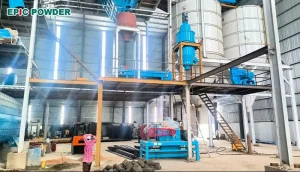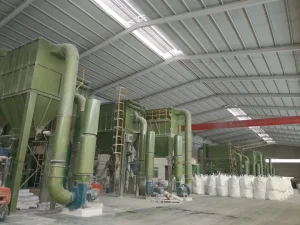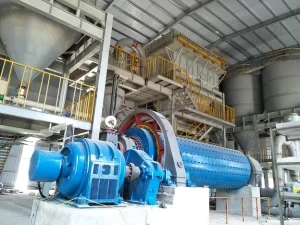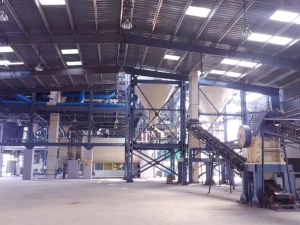Control Cabinet
Control cabinets are vertical enclosures that contain servo drives and other components. They control or monitor machinery and factory systems. The control cabinet is a stainless steel box. It can be wall-mounted or a standalone module. Inside the control cabinet, there are many components from servo drives to PLCs and terminal blocks.
What is Control Cabinet
Power is typically supplied to the cabinet from the top portion. There is an AC power distribution system (PDS), associated with the main power breaker. The PDS, transfer power to all components that require AC power. Power Supplies convert AC to DC voltage. This voltage is necessary for most cabinet components. The power supply converts 480V or 120V AC to 24V DC. DC is safer to handle in the panel.
The converted DC voltage goes to a DC power distribution system. This system then transfers it to other components. Another important component of the cabinet is the Ethernet switches. This helps in establishing a communication between the devices within the cabinet using a Cat5 or Cat6 cable. The radios process data from the control panel. They transmit it to distant locations or machines using an industrial antenna. The radio is paired with a polyphaser that protects the internal panel hardware from lightning.
PLCs are the control cabinet’s brain. We discussed this in detail in previous articles. The bottom rack of the cabinet holds terminal blocks. These blocks connect field instruments to the control cabinet. Depending on the function, different signals, either analog or digital, are processed by the terminal blocks.
Then we have relays that control the digital outputs, which use a lower voltage signal to control the higher voltage circuits. These also protect the PLC from overcurrent. The components attach to the control cabinet with DIN rails and wire ducts. These arrange the wiring neatly. They are mounted on a separate backplate, not the enclosure.
Related Cases
30M
RESPOND WITHIN 30 MINUTES
24H
PROVIDE TECHNICAL SOLUTIONS IN 24 HOURS
2H
REPLY TO CUSTOMER QUESTIONS IN 2 HOURS
72H
PROVIDE SOLUTIONS WITHIN 72 HOURS



